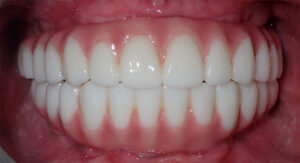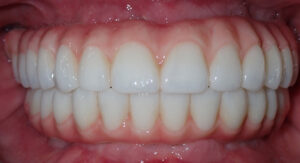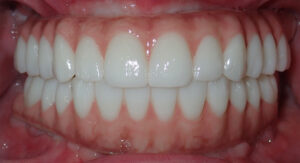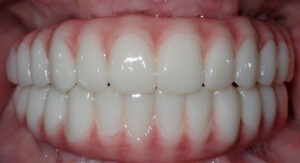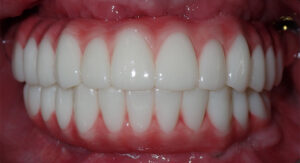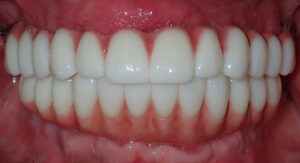
Do Dental Implants Require Special Care Long-Term?
Dental implants are designed to be a long-lasting solution for missing teeth, restoring both function and confidence. But many patients wonder what happens after treatment is complete: Do implants require special care long-term? The good news is that dental implants are easy to maintain, and with consistent oral hygiene and



